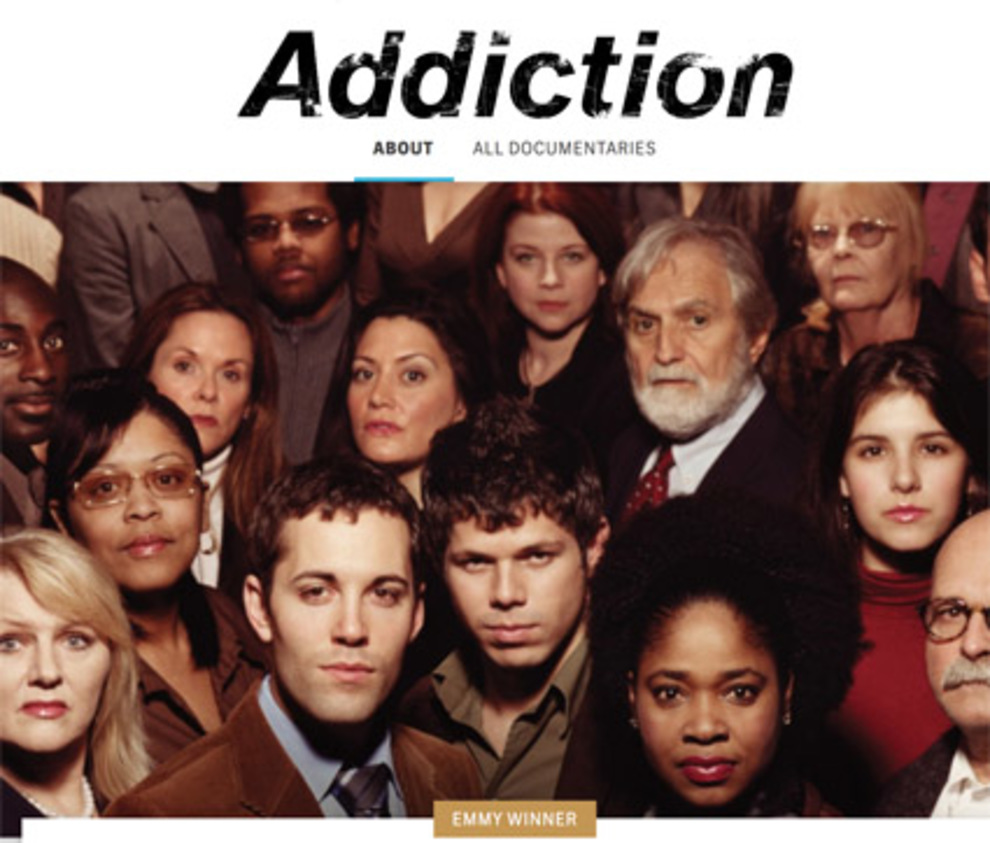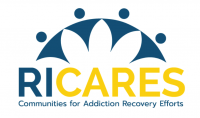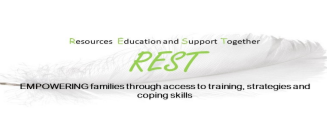Am I Helping My Son or Enabling His Use?
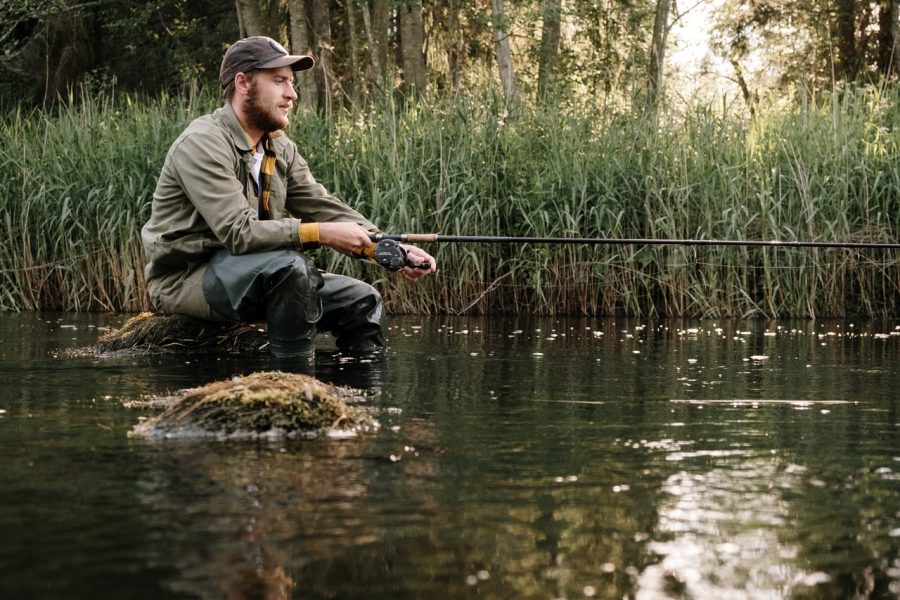
We often hear this question from families. A member and her husband are at a crossroads with their older son who is using cannabis, alcohol, and quite possibly methamphetamines. They are concerned that any support they provide may be considered enabling. How does one begin when three substances are involved? CRAFT-informed observation and communication, with a focus on the most dangerous substance first, offers a way.
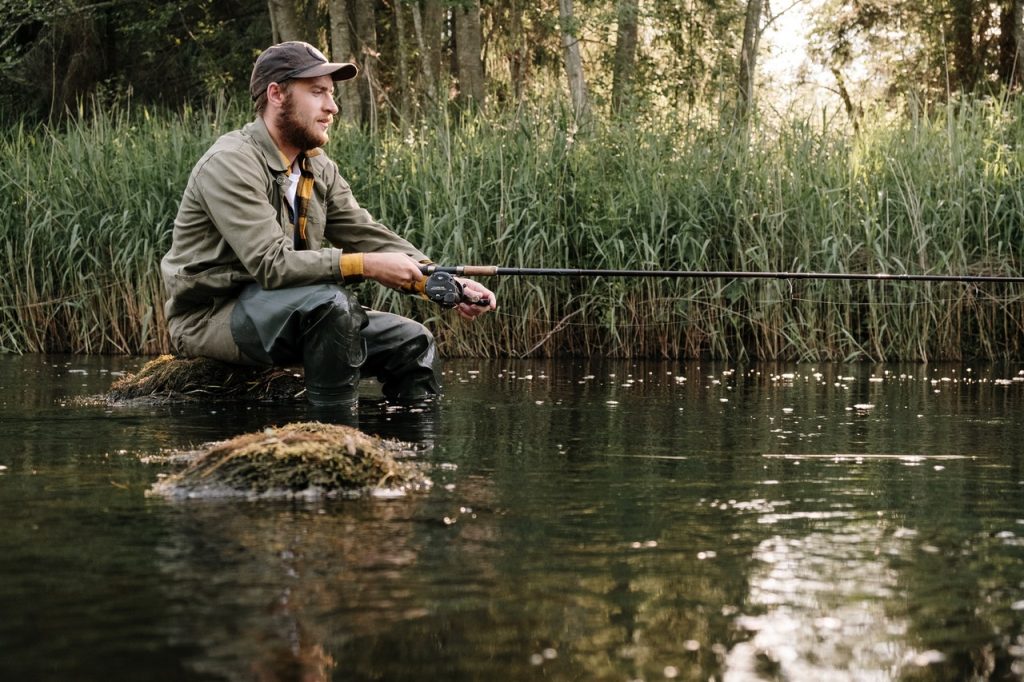
This question originally appeared on the Allies in Recovery Member Site blog, where experts respond to members’ real-life questions and concerns.
“My son is 30 years old; he works from 11:00 pm to 7:00 am. His father and I drive him to and from work and also to the lake. He goes fishing a few hours before work. I think he uses meth on his days off, but I am not really sure. I don’t know when he is on meth. He smokes dabs right before work and right before going to the lake, and drinks a beer or two at the lake. It appears that he uses the dabs and the beer to maintain between the meth.”
“I have been using CRAFT since mid-march. I am having trouble applying the use and non-use approach. Do I continue to drive him to the lake when I know he smokes the dabs right before? I am conflicted because I feel that the fishing is competing with the drug use. Do I continue to drive him to work when I know he smokes the dabs right before? We are tired of the drug use; if he does not seek help, my husband and I are considering helping him move out – rent a room and help with the first month’s rent. He will also need help obtaining his driver’s license, and his car needs to be fixed. Then, after that first month, he will be on his own. But is that really just enabling?”
The Situation is Complex with Multiple Drugs
One can easily see how complex the questions get when there are multiple drugs involved. In your case, your 30-year-old son is likely using methamphetamines. You think he does so on his days off. You are more certain he dabs cannabis before work and before he goes fishing. He also has a few beers while fishing.
I can well imagine that your family has had enough of this going on under their roof. One response, as you suggest, would be setting boundaries such as, asking him to leave and providing just enough support for him to get a place of his own and a working car. This is absolutely an option, but one that I suggest we place within a set of options to present to your son in a sit-down.
Although there are many missing details from what you wrote, below are some things the CRAFT* approach – the approach Allies in Recovery has used for over 20 years to successfully help thousands of families – would have you consider. CRAFT provides you the framework and options based on solid evidence. You are the judge of what to try.
STEP ONE: Please Do Only This for the Next Week or Two:
The first thing I would suggest is that you build your observational skills around the suspected methamphetamine use. Pay attention to your son’s behavior. For example, is he not sleeping on his days off? Does his mood and behavior change on those days? Identifying patterns may help to confirm your informed guess about his use. Please read the following information from American Addiction Centers about stimulant drugs, and the latest information from the National Institutes of Health regarding treatment.
Choose Your Battles Wisely
My first concern for your son is the methamphetamine use (if confirmed). Meth is far more dangerous than cannabis or alcohol. We don’t know the quantity or frequency of your son’s use, but this is where we suggest you focus your attention, for now.
You must also be worried that the meth use could become more frequent and develop into a full-time habit. Encouraging your son to back away from the meth is the first priority.
Apply a laser-focus to his behaviors and yours around the meth-using patterns that you observe. The scenario probably begins right before he knocks off for the weekend. He makes arrangements to get the cash, meet the dealer, and buy the drug. The pattern ends perhaps with him trying to get to sleep or sleeping excessively.
In your description of your son’s use of the different drugs, you said “I am conflicted because I feel that the fishing is competing with the drug use.” This is an excellent observation. From what you can tell, your son is not using meth while fishing. So yes, the idea of substituting a rewarding behavior (fishing) for meth use can be considered positive reinforcement of that desired behavior. You didn’t say this but I suspect his job also discourages drug use. It is likely that he doesn’t use meth before work but chooses to smoke cannabis instead. So, while it’s a critical question, it’s likely that his work hours of 11PM to 7AM are drug-free. Therefore, when he arrives home from work may also be an opportunity for positive reinforcement.
Let’s see if we can back him away from using meth by sharpening up the focus on the behaviors and reactions around that use, substituting positive activities that compete with it. Perhaps there’s a fishing expert to visit, or a fishing store, or a church fishing trip… What else does he like?
Allow Him Space to Reflect on the Evaluation
Your next question has to do with getting your son evaluated by a professional. It sounds like he is in agreement, if only to show that he is not addicted. This is an opportunity for your son to talk with a professional about his drug and alcohol use. It shouldn’t be used as a “show me” moment for the family.
If your son has offered to get a substance use disorder evaluation, I would encourage you to take him up on that. If his only reason is to prove you wrong, no problem! You’re not even going to ask what happened, if he isn’t willing to talk about it, fine. This was for him. It is not a “show me” moment.
I suggest you take the lead and contact any reputable treatment facility in your area, find one or two with openings, and provide your son with the details to schedule an appointment. Evaluations are conducted by licensed professionals who follow strict guidelines determined by the state office of addiction services. It is not necessary for you to call ahead to provide additional information. The treatment provider will make their recommendations based on several factors, including a UDS (urine drug screen). Your son may choose to be in denial about his use and may choose to ignore the recommendations, but at least he’s had a solid talk with someone who understands addiction.
You and I are assuming that the meth use is problematic, as indeed it is for many. (Overdose deaths from methamphetamines increased fivefold in the U.S. from 2011 to 2018). Your son disagrees, I get it. Using a drug once a week may sound infrequent and plausible. If your son doesn’t use meth during the work week, his tolerance for the drug may remain low. So, when is use problematic? Your son and the professionals may agree that on its own, his methamphetamine use doesn’t meet the threshold of addiction.
You and I Are Going to Assume the Meth Use is Problematic, Period.
Meth quickly destroys lives. So, I see your son’s forays into meth as the greatest risk to start. The way you laid out your son’s week (clear if not very detailed) makes applying CRAFT easier to demonstrate, but there are a lot of missing details.
Your son’s dabbing suggests he has a high tolerance for THC, the active drug in cannabis. This could signal problematic use. On the other hand, his drinking a couple beers does not. Could his meth use be recreational? From his perspective, this is likely. He wants to be evaluated just to show you his use of drugs is not a problem. Accept the offer.
When he returns from the evaluation, can you step back and not ask him how it went? Just allow him to bring it up. When he does, listen to what he has to say and thank him for doing it. Avoid getting into the debate of whether or not he has an active addiction. Consider the evaluation a pause in the action, a moment for your son to reflect.
I’m going to suggest you focus solely on the meth use. I understand that you don’t approve of the cannabis, and perhaps not the beer either. This can remain clear for you personally, but I encourage you not to react or respond when your son uses cannabis or beer. For now, provided the use doesn’t increase, treat them as non-use.
STEP TWO: Begin to Change How You Respond to the Meth Use
*The CRAFT method, first developed by Robert J. Meyers, PhD, talks about the fundamental question you should ask every time you see your son: “Is my Loved One using right now, or are they not using right now?” And remember the following:
High = using
Withdrawing = using
Not high and not withdrawing = not using
CRAFT teaches you to respond differently depending on whether the answer is yes (using) or no (not using). If the answer is no: reward, step in, be warm and bonding, keep it light and loving. Build that bridge between you. For now, this includes any together time, even dabbing on the way to work.
If the answer is yes (he’s using meth): remove rewards, allow natural consequences, remove yourself physically from your son as neutrally as possible. Create a strong contrast between how you respond when your son’s using or not using meth. If he’s using now, do you feed him? Warn him about the mess his life is? Try to get him to help around the house like he should?
To these questions, the answer is “no.” All such responses can be seen as supportive and considered positive reinforcement of his use, even though it appears otherwise. By completely backing away, not worrying about whether he is eating or sleeping, and by not repeating the same old line about what he is doing to his life, you are leaving him alone with his drug use. You are essentially unplugging from his drug use behavior, which is his to own.
Rewards vs. Natural Consequences
Just to drive it home: your behavior toward him should depend on the answer to that question “Is he using?” – informed by patterns you can now more easily identify.
Step in when you don’t see use: “Hey, welcome home. How about we order a pizza from that place you like, and take it to the dog park?” Step away when you see use: “I’m sorry, I don’t feel like talking right now – or fighting. I’m going to my room.”
We understand that applying CRAFT skills can feel like the opposite of what your instincts tell you to do, That’s OK. Just stick with the program, and over time you will see a shift in his behavior. In addition, you’ll gain the peace of mind that comes from letting go of trying to manage and control his use.
I hope this post helps. We’re here for you.
Learn more about CRAFT at: https://motivationandchange.com/
Allies in Recovery provides support and guidance on how to identify and cope with the flood of emotions you are feeling. The CRAFT method teaches us to pause and decide more logically, more thoughtfully, rather than react to raw emotion. At Allies we provide you with information critical to understanding your Loved One’s substance use disorder and the important role you can play in guiding them to recovery.
A membership at Allies in Recovery brings you into contact with experts in CRAFT and the field of recovery and treatment for substance use. Our unique, award-winning learning platform introduces you to CRAFT and guides you through the latest in evidence-based techniques for unblocking the situation. Together we will move your Loved One towards recovery.


